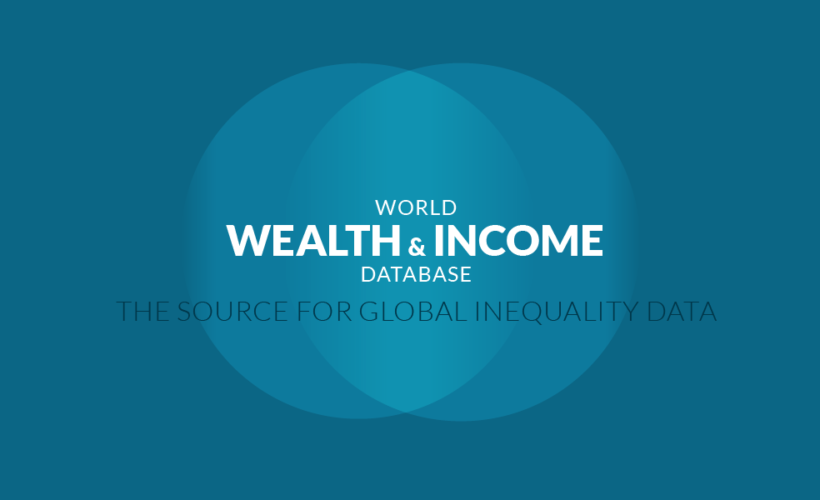
The Congress proposal of Nyay, a monthly payout of Rs 6,000 to the poorest 20 per cent, can better assessed with more progressive taxation, which could include a wealth tax on the rich, says the Paris-based World Inequality Lab. And the BJP’s 10 per cent quota for the poor in the General Catgeory is a being called a political stunt.
The paper’s authors are Nitin Bharti, research fellow, and co-director Lucas Chancel. Chancel is on the institute’s executive committee along with French economist Thomas Piketty whose work on inequality has set off widespread debate.
When asked if the institute helped the Congress formulate the plan, Chancel said they had discussed the scheme and shared their results with Abhijit Banerjee (Professor at MIT and Director of the Poverty Action Lab) who has been discussing it with the Congress but we haven’t been in direct contact with them.”
As reported by Indian Express, Chancel said that India’s progressive tax rates have been falling since the 1980s and people associate high progressiveness with low growth. However, from an international comparative perspective, nothing shows that high top tax rates lead to lower growth. Look at US again but also at Europe, the period of high top tax rates coincide with very high productivity growth periods. What is particularly striking in the case of India is the huge rise of income and wealth inequality at the top of the distribution. We believe that a top wealth tax could yield a significant amount of tax revenues to finance social spending and protect Indian democracy from the risks of too high top-end inequality.
Bharti said that progressive taxation is one of the practical solutions at the moment. They do believe that the current social sector schemes are very useful and should remain intact/improved in terms of implementation to gain efficiency. They added that progressive taxation helps in cutting down on inequality (which has increased a lot in recent years). Further their proposal of taxing on stock of wealth can also help in curbing the strong preferences of Indian society towards real estate. Land and Building forms 90 per cent of the total wealth in India. Imposing tax will also help in people investing in more productive assets.
They regret the lack of a single identifiable indicator of income and wealth in India and in the absence of one metric, they say, a good standard, is having residential homes in rural India and incomes assessed by income tax returns in urban areas.
The authors have looked at three slabs of minimum amounts that could be made available to 20 per cent of India’s poorest, as part of the variant of the Universal Basic Income proposed by the Congress. The proposal, of providing a minimum of Rs 72,000 per annum per family, is what these authors have built as ‘Scenario B’ in their work.
This, coincidentally, is the announcement made by Congress president Rahul Gandhi Monday.
On the NDA Government’s 10 per cent quota in government jobs for the poor in the General Category, the economists red-flag the criteria set out. On the income threshold, more than 93 per cent of households are eligible and on the current agricultural land holding metric, 95 per cent are, and going by residential ownership, 80 per cent of the population is eligible.
Despite having some ability to benefit a section of the economically worse off, they say, it is like a political stunt and limited in its ability to tackle income inequality.
The Chancel-Bharti report says that social expenditure on health and education must continue with this basic minimum income offered to the poor. Otherwise, a minimum income scheme that would replace existing social spending can have negative consequences in terms of social justice as it has been shown in the case of other countries.
There was speculation that Piketty had advised the Congress but he has denied any role in the direct design of the scheme. He told BBC on Monday they certainly support all efforts to reduce income inequality in India and especially to move away the political debate from caste-based political to class-based redistribution of income and wealth.


